Resolution Realization
Photos taken before the smartphone era have significantly lower quality and resolution than what’s possible with the latest mobile devices. Modern smartphone cameras can capture extensive details that could never be seen from a pixelated flip phone camera. Similarly, you may have noticed this increase in resolution if you’ve ever switched soil sample grid size. By increasing your sample resolution, you can see a much... Read More →
ILSOYADVISOR POST
Biological Use in Soybean Production
May 01, 2019
Biological products for soybeans are offered to growers from seed treatment, soil application and post applications all the way through to the reproductive stages. Biologicals, in general, are products created from natural solutions or synthetic equivalents. They can be broken down further into the use goal of the product:
- Biostimulants are used to enhance plant growth and development. These are often found in a seed treatment mix alongside a fungicide and insecticide to aid in stress tolerance and stand establishment. Biostimulants are the largest portion of the biological space with many options available to growers.
- Biopesticides are reduced risk pesticides that typically pose very little risk to humans or the environment, regularly used when re-entry or pre-harvest intervals are faced. Organic producers can utilize biopesticides as an effective insect resistance management tool while maintaining a certified organic status due to the natural origin of biopesticides. Examples include insect pheromones and fatty acids. VOTiVO® would be an example of a biopesticide that does not directly kill soybean cyst nematodes (SCN). It uses bacterial spores that germinate on the soybean roots to make the SCN efforts futile.
- Biofertilizers are applied to both the seed itself as well as soybean plants during reproductive growth stages. Applying microorganisms (bacteria, fungi and/or cyanobacteria) increases the nutrient uptake of the seeds or plants they are applied to. An example of this would be adding a Rhizobium bacterium to the seed, which naturally helps increase soybean root nodulation. They can also be applied to the soil to stimulate the activity of the natural microbiome to improve soil health and nutrient mineralization.
- Plant growth hormones (PGRs) can be grouped into the biological realm since they are naturally produced in the plant. The most common include gibberellins, which cause stem elongation and flowering; cytokinins, which influence bud formation and cell division; and auxins, which also promote cell division and elongation. Seed weed extracts are a common source of biological products with PGR properties.
The Biological Products Industry Alliance (BPIA), an association for the bioproducts industry, provides some categorization and direction to this new industry.
Looking at the vast number of options for biological treatments that can be put on soybeans can often be overwhelming for growers. The testing pool for biological products has grown significantly over the last few years with Monsanto BioAg, Corteva, BASF, FMC and Syngenta, just to name a few, all focusing on increasing soybean yields and in turn adding more creditability to the biological space. There are also many new start-ups jumping into this space, bringing more new science and products to market.
The most consistent successes have been where a biological seed treatment has been coupled with other seed treatment products and placed directly on the seed. With the price point of biological products for soybeans being relatively low ($4-$10 per acre) compared to traditional fertilizer and insecticide cost, ROI opportunities can be quite large for the grower.
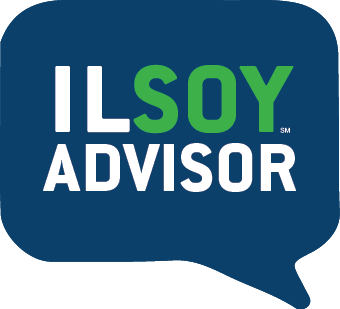
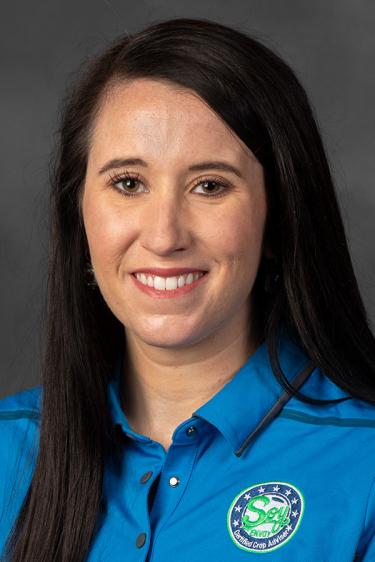
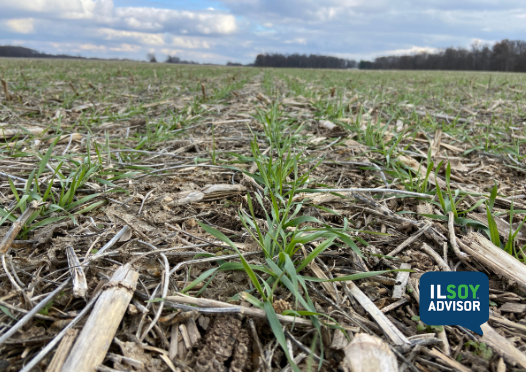
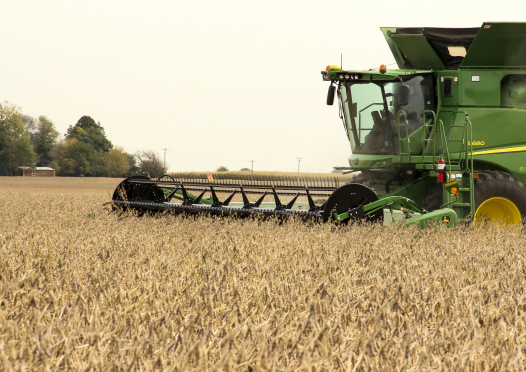
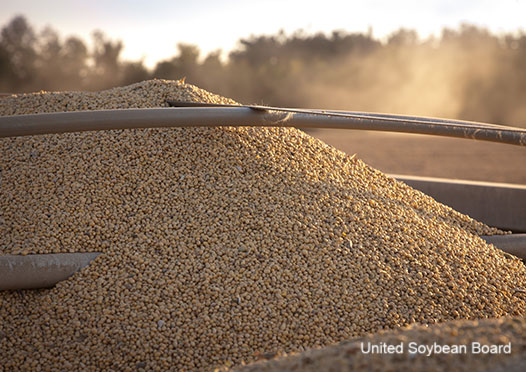
Comments
Add new comment